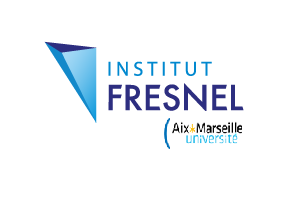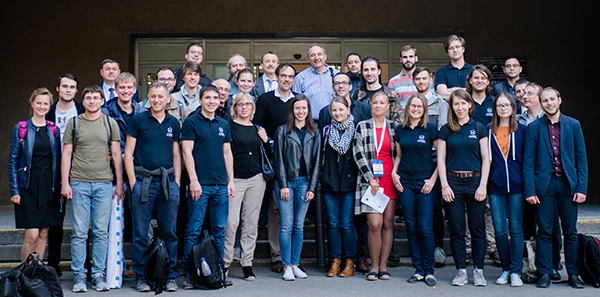Fresnel Institute - Aix-Marseille University
-
0 comments

About the innovator
Institute Fresnel - Aix-Marseille Université is creating the first metamaterial antennas for making possible not only the use of clinical 7 Tesla Magnetic Resonance Imaging (MRI) scanner in a medical environment, but also for 11.7T MRI in research. A metamaterial is a transformed material by physicists to create new properties which don't exist in nature yet. Physicists, medical doctors and industrial actors are working together to go beyond the limits of existing clinical imaging thanks to these innovative antennas. By radically improving medical imagery, these new antennas will enable earlier detection of diseases (Alzheimer, Parkinson, Cancers) through a patient-centered approach.
Institute Fresnel on Twitter and LinkedIn
What is the innovation
These new antennas relies on innovative systems using passive metamaterial structures to tackle bottlenecks of image inhomogeneity and temperature levels. Several antennas prototypes have already been developed for different parts of the body : brain, arm, prostate, spinal chord, extremities & jonctions.
Out of the lab. Into the market
The two SMEs and Transfer Technology Organisations involved in the project are in charge of bringing this innovation out of the lab thanks to an exploitation strategic plan. The objective is that MRI manufacturers use these antenna in the near future. First scientific results have already led to 3 patents (2 licenced). New patents are expected for 2019.
Ultra-high field MRI manufacturers are targeted, as well as end-users such as medical imagery centers at world scale. In 2013 the MRI market represented 3,7 billions of dollars. The antennas incorporated in MRI machines represented 30% of this market.
Benefits of participation in the Framework Programme
The broader goals of the project can be reached only by joining efforts of MRI phycists, metamaterials experts, medical doctors and industrial actors. All these professionals are involved in the project.The framework programme has enabled to hire very highly qualified researchers.It has also provided access to rare equipments in the world such as the 11.7 Tesla for research & the 17 Tesla for small animals. The funding has had a strong leverage effect on job creation : more than 40 researchers and engineers hired thanks to public, but also private fundings.
This innovation was funded via H2020 project M-Cube
Team behind the innovation
/futurium/en/file/mcubegroupjune2018jpgmcube_group_june2018.jpg


